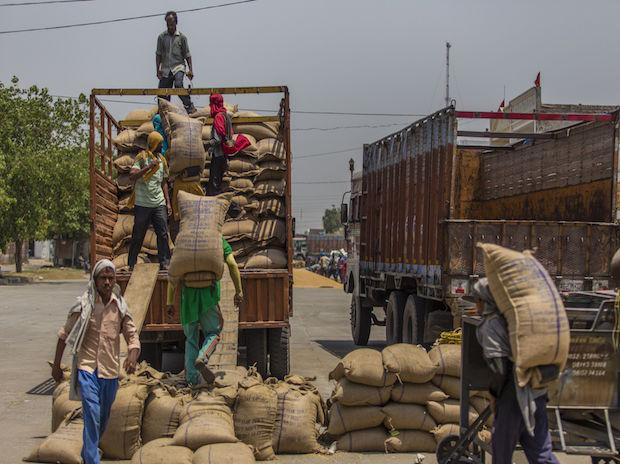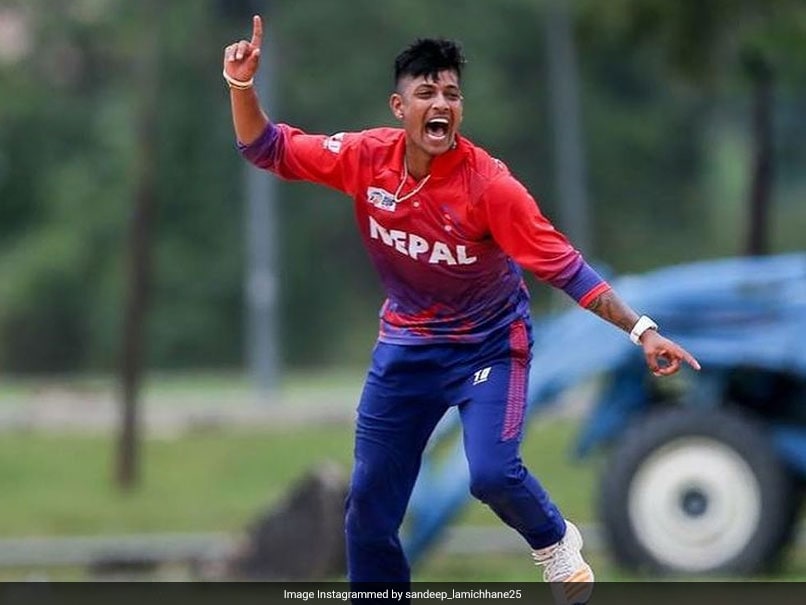Prices of rice exported from India held firm near their highest level in more than a year this week as demand from neighbouring Bangladesh remained strong, while supply concerns and an uptick in demand buoyed rates in Thailand.
Top exporter India’s 5% broken parboiled variety was quoted at $379 to $387 per tonne, unchanged from the last week.
“Parboiled rice got boost from Bangladesh’s buying. In white rice, demand is mainly for 100% and 25% broken rice,” said an exporter based at Kakinada in southern state of Andhra Pradesh.
Robust demand from Bangladesh has underpinned rice prices in recent weeks as Dhaka plans to import around 1.2 million tonnes over the next few months to shore up reserves and cool high domestic prices.
A senior Bangladeshi food ministry official said the country has finalised imports of 530,000 tonnes of rice from India, Vietnam and Myanmar under government-to-government deals and is in talks to buy more.
Meanwhile, India is considering whether to restrict exports of 100% broken rice, after the paddy area has been reduced by scanty rainfall.
Thailand’s 5% broken rice prices increased slightly to $416 to $420 per tonne, from $415-$416 per tonne.
“There is strong domestic demand … an order to Iraq is gradually being delivered,” said one Bangkok-based trader.
However, there have been some issues with supply and transportation due to flooding from heavy rainfall, said another trader.
Vietnam’s 5% broken rice were offered at $390-$393 per tonne, unchanged from two weeks ago as markets were closed last week on the National Day holiday.
“We expect demand for Vietnamese rice will increase during the rest of the year as bad weather conditions are hurting rice production in China and India,” a trader based in Ho Chi Minh City said.
The trader added China’s demand for Vietnam’s glutinous rice traditionally rise towards the end of the year.
(Reporting by Rajendra Jadhav in Mumbai, Khanh Vu in Hanoi, Chayut Setboonsarng in Bangkok and Ruma Paul in Dhaka; Editing by Maju Samuel)
(Only the headline and picture of this report may have been reworked by the Business Standard staff; the rest of the content is auto-generated from a syndicated feed.)
 Dear Reader,
Dear Reader,
Business Standard has always strived hard to provide up-to-date information and commentary on developments that are of interest to you and have wider political and economic implications for the country and the world. Your encouragement and constant feedback on how to improve our offering have only made our resolve and commitment to these ideals stronger. Even during these difficult times arising out of Covid-19, we continue to remain committed to keeping you informed and updated with credible news, authoritative views and incisive commentary on topical issues of relevance.
We, however, have a request.
As we battle the economic impact of the pandemic, we need your support even more, so that we can continue to offer you more quality content. Our subscription model has seen an encouraging response from many of you, who have subscribed to our online content. More subscription to our online content can only help us achieve the goals of offering you even better and more relevant content. We believe in free, fair and credible journalism. Your support through more subscriptions can help us practise the journalism to which we are committed.
Support quality journalism and subscribe to Business Standard.
Digital Editor



 Dear Reader,
Dear Reader,

GIPHY App Key not set. Please check settings